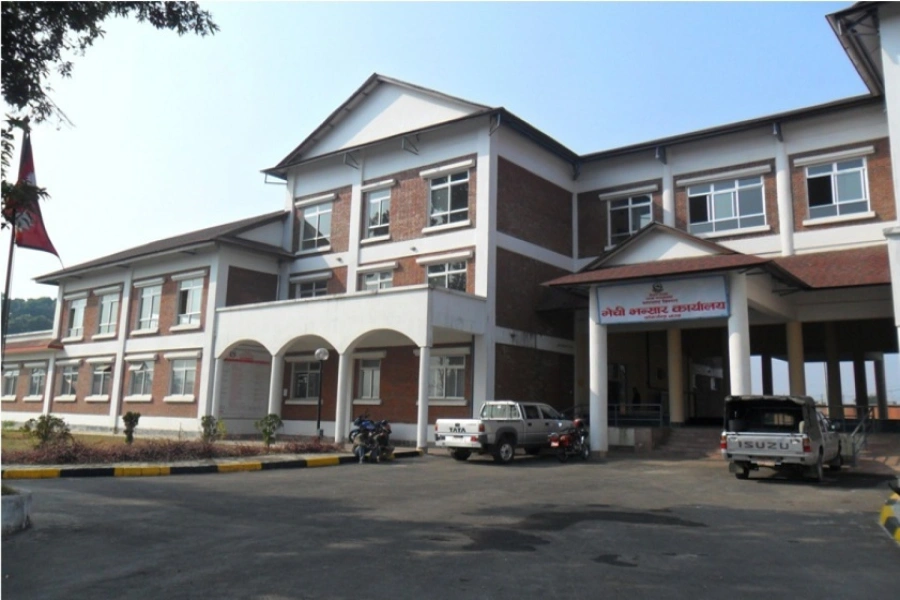“A true learning sustains through an effective teaching”, believes Shisir Khanal, CEO of Teach for Nepal (TFN), an organization working in the field of education. Established in 2012, TFN is currently active in three districts. It has so far provided its services to about 36 schools. Earning a Master’s Degree in International Public Affairs from the University of Wisconsin-Maddison, he set out on a journey with a vision to improve the education system of Nepal.
Khanal talks to Republica’s Sonam Lama, about his experiences and challenges.
How did you come up with the idea of TFN?
Before the initiation of TFN, we had launched a campaign called ‘Sarvodaya’ that worked for the young and other people residing in rural areas. The experience intensified our quest for quality education when we observed an utmost need for skilled teachers in those areas. There were certain hindrances for the interested group of teachers to individually set out a journey to teaching the needy children. We, therefore, contributed to bridge the gap, enabling easy access to quality education.
Styling tips for men

What were the setbacks on your journey?
We had a hard time convincing the people from different sectors in initial stages. As our program requires recruited individuals to teach for at least two years in rural areas, it was a challenging task to establish a firm belief in them, especially at a time when a huge number of youths were flying overseas for further study. Moreover, it became a tough task to operate an effective human resource and recruitment process. However, we gradually stepped further with a positive approach building rapport with the community people, policy makers, potential donors and officials of the Ministry of Education.
How does the recruitment process work?
We have three steps in the fellow recruitment process. The first step is the online application process that requires interested candidates to fill-up an online form stating demographic details, and academic and professional background. Once an individual gets shortlisted, s/he faces an interview, and finally undergoes an activity-based interview in which s/he needs to take writing tests, and carry out group works. After we are done with the recruitment process, we provide a pre-service residential training for six weeks.
What are your future plans?
Our agenda is to cultivate better learning in places where people hardly have an access to quality education. In order to meet our goal, we have been attempting to do our best in every possible sphere. We are currently running our projects in Lalitpur, Sindhupalchok and Dhanusha, and since our works have been appreciated, we have been planning to reach out to other various rural districts of Nepal.
Would you like to convey any message to our readers?
We have numerous people who are fully acquainted with theoretical knowledge and earn many degrees; however, I believe today’s market demands skilled people who are well familiar with hands-on works they are assigned with. On that note, I believe we need to step out of our comfort zone and carve our skills in order to serve the people on greater premises. Therefore, I would like to encourage young minds to take some time out of theories and learn to apply them in the real world.









































